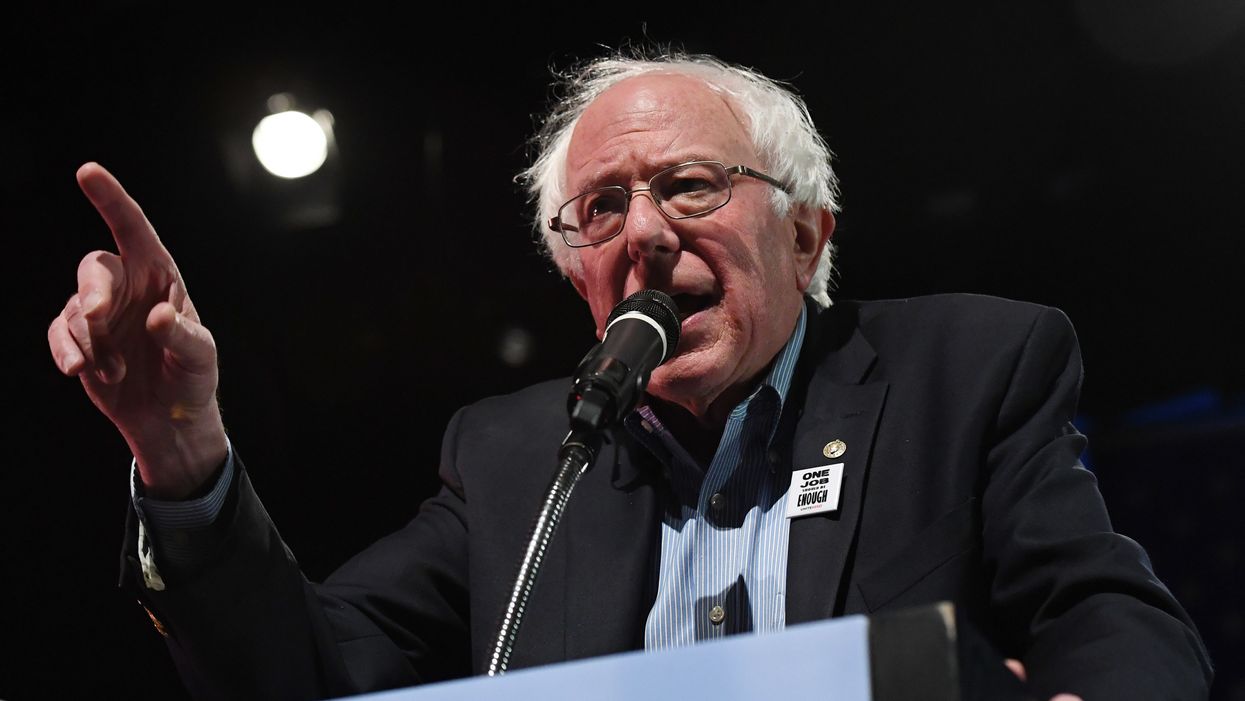
Ethan Miller/Getty Images

The self-avowed democratic socialist promised to use his campaign to fight wealth inequality
Sen. Bernie Sanders (I-Vt.), who lost his bid for the Democratic nomination to Hillary Clinton in 2016, has announced that he will be running for president in 2020.
"Together, you and I and our 2016 campaign began the political revolution. Now, it is time to complete that revolution and implement the vision that we fought for," he announced on Vermont Public Radio Tuesday.
Sanders is currently 77 years old, but would be 79 by the time of the 2020 election. Former Sen. Bob Dole (R-Kan.) was criticized for being "too old" when he ran against incumbent President Bill Clinton in 1996. At the time, Dole was 73.
Sanders, an avowed democratic socialist, ran for the U.S. Senate as an independent but switched parties for the 2016 election. He left the Democratic Party after losing the primary but will now presumably rejoin it to run again.
"Our campaign is not only about defeating Donald Trump, the most dangerous president in modern American history," Sanders said in his video announcement. "It is not only about winning the Democratic nomination and the general election. Our campaign is about transforming our country and creating a government based on the principles of economic, social, racial, and environmental justice."
He pledged that his campaign would "take on" Wall Street, the fossil fuel industry, large multinational corporations, and the "military industrial complex." He also spoke out against "wealth inequality," a common theme throughout his political career.
I'm Running For Presidentyoutu.be
Sanders ran in the 2016 Democratic primary against former Secretary of State HIllary Clinton. He managed to win 1,894 delegates, keeping Hillary from clinching the nomination before the convention (although she would win it by a sizeable margin at the convention).
One quirk of the Democratic primary system that may have given Clinton an edge was the party's use of superdelegates. These delegates aren't tied to a state, but can vote for either candidates. While Hillary was also ahead of Sanders with non-superdelegate delegates (2,205 to 1,983), Sanders supporters argued that the early support of the superdelegates gave Hillary a boost during the campaign.